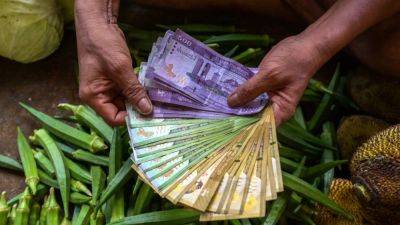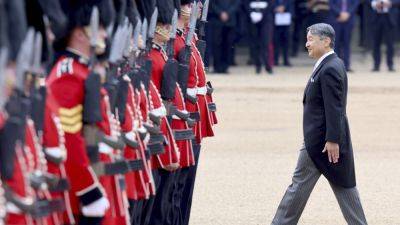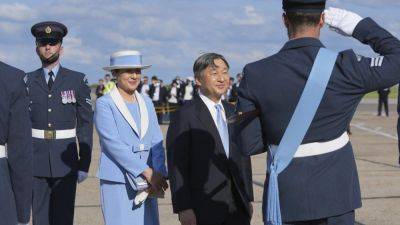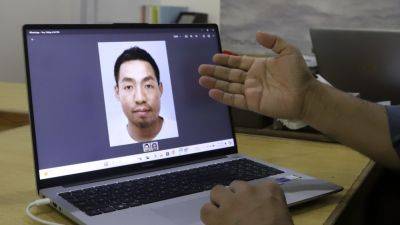Japanese architect Maki, credited with fusing East with West, has died at age 95
TOKYO (AP) — Japanese architect Fumihiko Maki, who won the prestigious Pritzker Prize for designs praised as smartly and artfully fusing the East with the West, has died. He was 95.
Maki, who taught architecture and urban design at Harvard, died June 6, his office, Maki & Associates, said Wednesday. Japanese media reports attributed the cause of death to old age. The office declined to confirm the reports.
The National Museum of Modern Art in Kyoto is considered one of his classic designs, with floating forms of glass, metal and concrete. Its gray exterior appears simple at first glance but sets off patterns of reflected light on rough and polished marble.
In the U.S., Maki’s projects included the Yerba Buena Center for the Arts in San Francisco and 4 World Trade Center in New York. He also did the Makuhari Messe exhibition hall in Chiba, Japan, and the Hillside Terrace Complex in Tokyo.
Maki in the 1980s designed Tokyo’s Spiral building, whose management mourned his death and thanked him for “the beautiful slopes and the rich space that envisioned an urban park.”
In 2013, Maki complained about the then planned spaceship-like design of the 2020 Tokyo Olympics stadium, slamming it as too expensive and clashing with its surroundings. He said he had the support 100 other people, including architects, in opposing the size of the proposed design by British-Iraqi architect Zaha Hadi.
“The problems I see with the planned stadium all relate to the issue of scale,” he said.
That design was eventually ditched for a more modest-looking design by Kengo Kuma which used pieces of wood for a natural Japanese look.
Born in Tokyo in 1928, Maki was educated at the University of Tokyo, the Cranbrook Academy of Art in Michigan and Harvard







